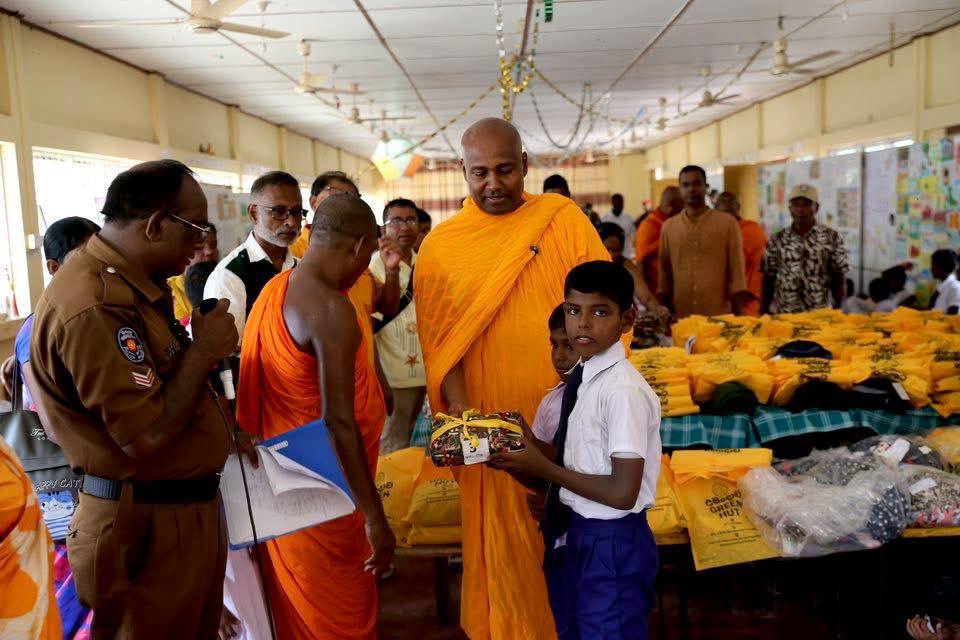In an asylum appeal case last month, a UK judge deemed that the asylum seeker - a Tamil man who had taken part in numerous protests in the UK - was at risk on deportation purely due to his participation in anti-Sri Lankan government protests, and was granted asylum one this alone, not due to any association with the LTTE.
The First Tier Tribunal Judge Mailer in the Immigration and Asylum Chamber considered:
“The evidence relating to Sri Lanka is clear. Those who seek to appose the government by way of demonstrations, contending that the leaders should be implicated and charged for war crimes, would be treated harshly”.
“Having considered the background material produced as well as the evidence from the report of TAG, we find that the submissions relating to the potentially hostile treatment meted out by the Sri Lankan authorities in respect of a person perceived to have been involved in anti government protests in the diaspora, to be made out.”
See here for a report by Tamils Against Genocide (TAG) on the case. Extract reproduced below:
"The ruling is especially perspicacious in recognizing that risk is related not to facts alone but to perceptions. It was put to the appellant that his being part of protests did not amount to his being a member of the LTTE. The appellant concurred, “He said that it was not he who was saying that. The government might think that.” It is the question of perception that matters and that needs to be considered when assessing risk.
There are several sources for unearthing the Sri Lankan State perception with regards to protesters. In her evidence before the Tribunal, TAG Director, Janani Jananayagam enumerated many of these sources. She was quoted in the determination, speaking of a “history of hostility to and demonisation of diaspora organisations supporting a secession of the Tamil homelands in Sri Lanka” – indeed the GoSL attitude and actions today against those who call for accountability for crimes is not without precedent.

